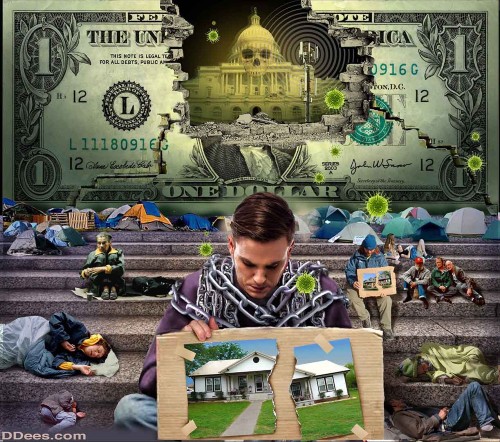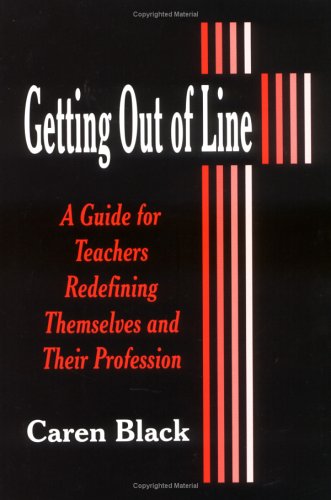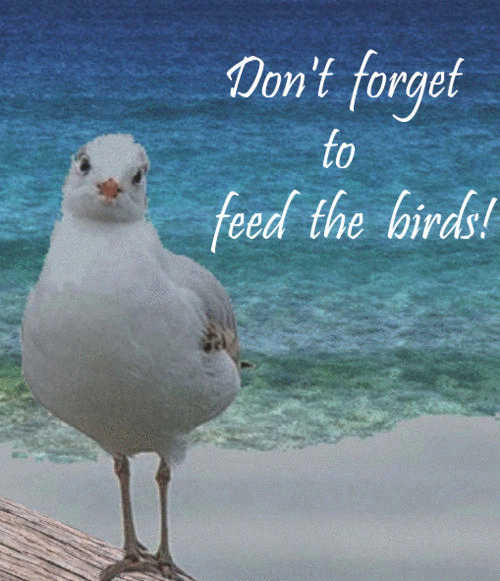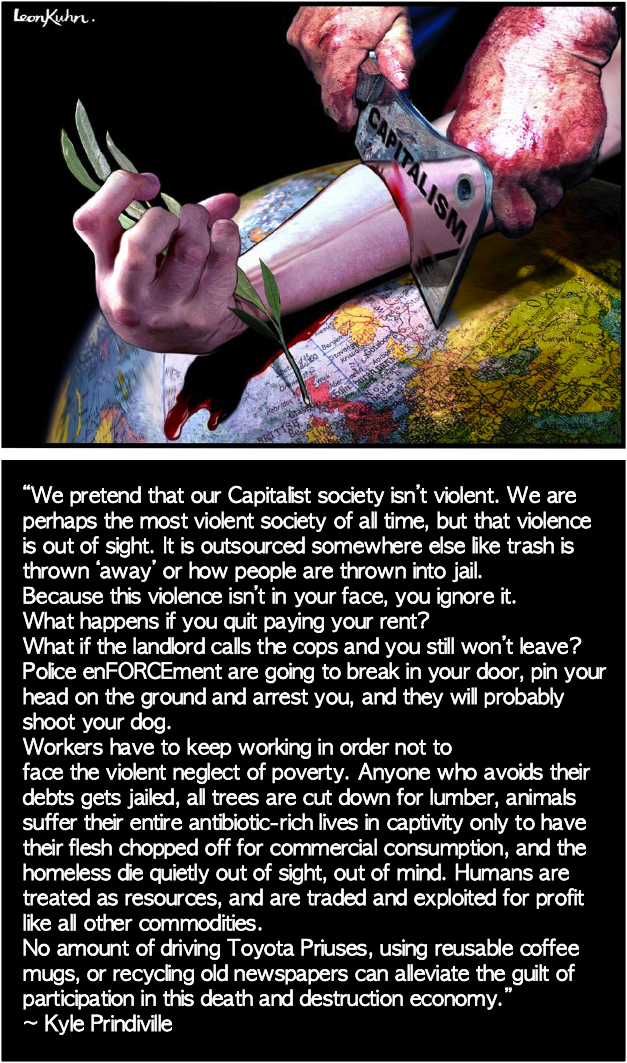Beneath all the psychotic babble that sore besets the collective national hive-mind over a pandemic that comes and goes in waves, and phantoms of contrived identity animus, looms an economy that would collapse without gigantic IV infusions of “money” from the false god that our government has become. The collapse is working its way out in strange ways as we create ever stranger work-arounds for avoiding it — such as the unanswered “help wanted” signs while legions of unemployed adults cash government support checks.
Of course, a lot of those unanswered signs are for what used to be called shit-jobs, flipping burgers, bagging groceries, and such. For a lot of Americans, those are the only jobs. We can argue about whether the government ushered better-paying low-skill factory jobs offshore or whether other nations would have developed industries in the natural course of things (or a combo of both). But the end result is a country full of people who can barely support themselves, let alone a family, and the consequent loss of all the psychological infrastructure for a society that can respect itself.
With the spring zephyrs blowing, the great expectation rises for a return to “normal,” which seems to mainly consist of bustling restaurants, brisk car sales, and the construction of suburban houses. It’s not that these are the only things we can do in life, but they’re what the dynamics of the moment allow. Those dynamics include incentives, laws, regulations, habits, and customs.
The zoning laws and building codes allow only certain types of habitations, generally ones too expensive for people seeking to establish households, not to mention the social costs of building even more unsustainable suburbia based on the selling of ever more unaffordable cars. The work-around for that is official manipulation of the debt markets, artificially-low interest rates, and discarding the framework of creditworthiness. The unintended consequences include the inflation of house prices and exposure of house-buyers to greater fragility (risk) in foreclosure. Ultimately, backstopping the banks that hold the mortgages and their derivative securities keeps the whole dishonest shootin’ match going… until it stops.
One thing that will stop all of that will be the slow death of money, inflation, which is just now transforming from a distant specter on the horizon to a condition in the here-and-now. You will have plenty of money and that money will become increasingly worthless. The authorities probably think that’s better politically than the people having no money at all, but it’s really the same thing dragged out over time to fool everybody. Governments like it because it reduces the nominal cost of debt — except now the government debt-load is so supernaturally gigantic, really nothing will avail to fix that, and meanwhile they’re very busy making the debt situation worse by giving away as much newly borrowed money as the situation requires to maintain the illusion of a functioning economy.
Anyway, as the time-frame for inflation compresses, the people notice that their money won’t buy what they need, and they get restless, perhaps dangerously so. In the process, the government begins to look incompetent, on top of the usual perception that it is corrupt, and before you know it, legitimacy slips through the widening cracks of the floor. Until now, the authorities have been successful in pitting citizens against each other, and the ill-will unleashed has been spectacular. But the memes of “white supremacy” are so obviously dishonest that they’ve only succeeded in hugely pissing off the substantial demographic of white people who struggle desperately to remain employed, housed, mobile, and capable of raising children who are not being driven crazy.
The coronavirus situation is not so reassuring. We are one more serious up-wave of illness from tanking whatever remains of this vaporific economy. An emerging pattern suggests that higher vaccination rates might generate new-and-improved iterations of the disease more efficiently — just as the government tries more aggressively to sell vaccination to the public. The public is also noticing the alarming statistics, and many remain unconvinced that the vaccines are even vaccines in the usual sense, but rather insufficiently tested exotic experiments desperately employed against something that looks more and more like a bio-weapon that the government itself was complicit in creating.
My state of New York is supposedly “reopening” today. Who’s not longing to get back to “normal?” But who’s not a little anxious that mixing normally with other people won’t start the whole cycle all over again? And, anyway, who doesn’t wonder whether normal is really a thing of the past now, disappearing in the rear-view mirror? Just as the hopeful meme floats over the Internet that the storm is over, we fail to see that there’s a larger storm of history whirling around us that we’re only in the eye of.
Author
James Howard Kunstler is the author of The Long Emergency, Too Much Magic, The Geography of Nowhere, the World Made By Hand novels, and more than a dozen other books. He lives in Washington County, New York," so says his website, Kunstler.com. He is, however, much more. During the past two decades, he has remained at the forefront of the alternative press, both online and in print, advocating against "Happy Motoring" and suburban lifestyles in favor of simpler, community-based living where people learn to rely on themselves and each other rather than corporations, government and our phony-baloney economy. His Monday and Friday Clusterfuck Nation blog gets the week off to a good beginning and closes it on a high note. He is also an accomplished painter who obviously enjoys the rural beauties of upstate New York where he has settled and detests contemporary culture's many eyesores. If this piece is your introduction to his work, check out his blog. If you know him well, support him at Patreon.
![]() Don't forget to feed the birds. Donate here
Don't forget to feed the birds. Donate here









